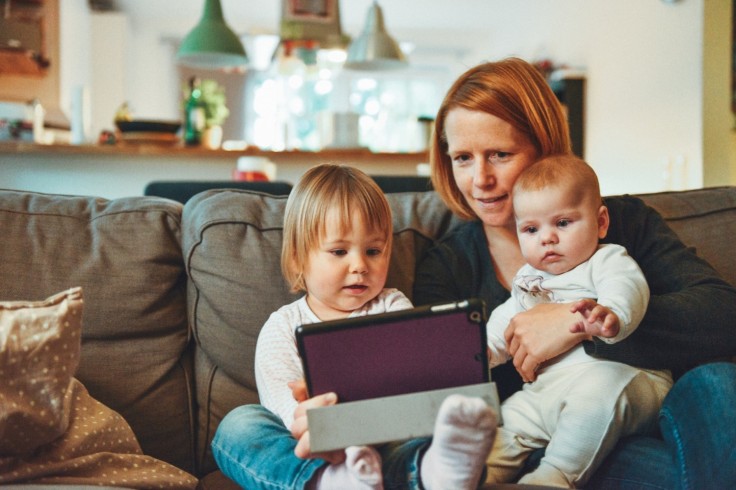Children these days have it easy. Thanks to the technological advancements humanity made in the past two decades, kids now have access to tablets to entertain them while the adults do their thing.
Thanks to the benefits a mobile device brings and the various kid-friendly apps available on the internet, a tablet/phone has replaced the books and toys kids previously read and play with in the past.
However, experts have found that using a mobile device is detrimental to a kid's growth and the development of their many facilities. Here are some reasons you shouldn't let your kid use a mobile device, particularly a tablet.

Lower Attention Spans
Kids are full of energy regardless if they're a year old or eight years old. As such, it is only natural for them to jump from one thing to another; that energy has to go somewhere, after all.
While a mobile device does occupy them and keep them in one place, it doesn't provide the time kids need to process the continuous stream of stimuli they deliver, per Unicef. Kids can process words, images, and voices from a storybook because they have time to do so; a mobile device won't give them that time.
This lack of processing time leads to smaller attention spans in children when they grow up.
Lack Of Self-Reliance
Similarly, the constant stimuli kids get from mobile devices and the videos shown through them prevent kids from learning how to cope with frustration and control their impulses. This failure to learn how to cope with the lack of stimuli would lead to kids feeling frustrated, hindering their imagination and motivation.
Kids Learn More With Human Interaction
The New York Presbyterian said that various studies (which it didn't cite) show that children under 2 learn less from videos playing from a mobile device than when learning from another person. The reason kids under 2 watch them anyway is because they're entertained by them, not because they learn from them.
Understanding what the videos show won't happen until they're 2 years old. By then, they're taking their first steps to learn languages - a practice best done with an adult playing with and talking to them than with a mobile device.
Letting a kid at that age use a mobile device or watch plenty of TV (or videos, in this case) during their elementary school years perform less well on reading tests and have small attention spans, as previously stated.
Apathy Alert
As you may have noticed, human interaction is still the best way to teach kids various things like language, problem-solving, and other skills they'd use later in life, per The Guardian's interview with Boston University School of Medicine clinical instructor Jenny Radesky. While empathy is not a skill normally taught, it is a virtue best learned by human interaction.
According to Harvard neuroscientist Charles Nelson, babies' and kids' exposure to screens reduces their ability to read human emotion and control their frustration. This reduction is because all communication is non-verbal - they couldn't learn what a sad face means and what it looks like through a video.
Babies' interactions with an adult create a "critically important" two-way contact that promotes brain development.
Related Article : 5 Exciting Technology Trends for Children









